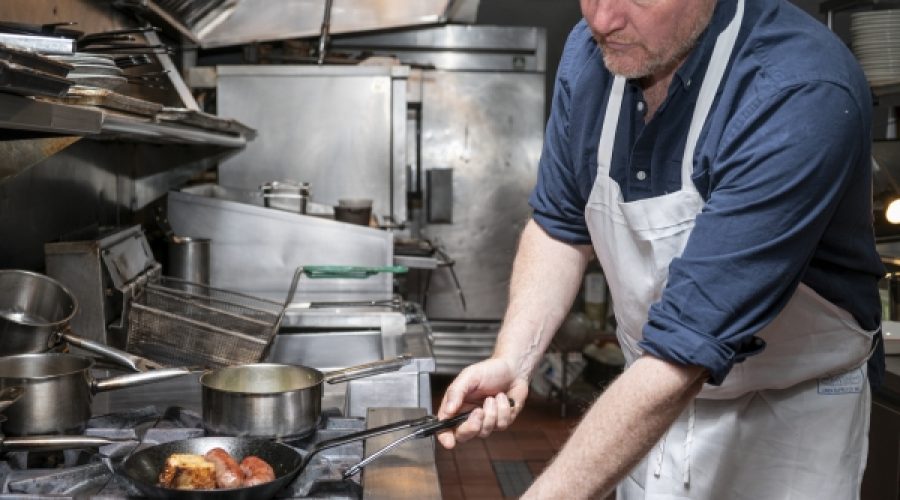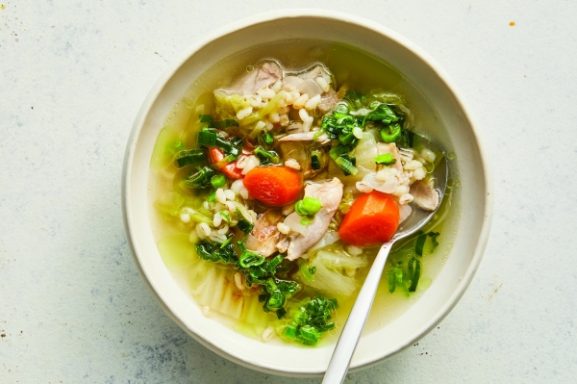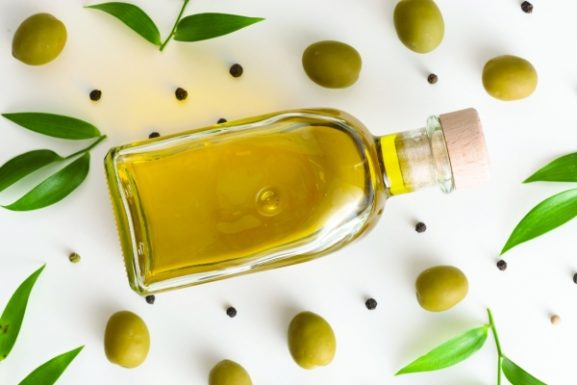ChatGPT: Transforming Culinary Creativity and Efficiency for Chefs in Oman
Notable Experiment in Culinary Creativity: AI-Generated Menus at Next Restaurant
From June to September 2026, the acclaimed Chicago restaurant Next will present a unique nine-course menu, with each dish crafted by a different chef. Among them is a 33-year-old culinary talent from Wisconsin, who has honed her skills under the guidance of renowned innovators such as Ferran Adrià, sushi master Jiro Ono, and the legendary Auguste Escoffier—a figure whose culinary legacy endures despite his passing in 1935.
The chef, known as Jill, was discovered by Grant Achatz, co-owner and chef of Next, through innovative conversations with ChatGPT. Achatz provided the chatbot with a fictionalized version of Jill’s background and professional history and solicited dish suggestions that would reflect her culinary influences.
If his plans unfold successfully, Achatz intends to refine one of Jill’s recipes, alongside those from eight other imaginary chefs, with prompts entirely crafted by artificial intelligence. “I want it to do as much as possible, short of actually preparing it,” Achatz stated.
As generative AI tools have evolved over the past decade, many kitchens have begun utilizing them for operational tasks such as inventory management and scheduling shifts. However, chefs, unlike many creative professionals in fields like art and music, have been slower to embrace AI for recipe creation.
That trend is slowly changing. While few chefs are diving as deeply into AI as Achatz, some are beginning to explore its potential, using it for everything from flavor pairings and visualizations of redesigned dining spaces to quick-learning lessons on fermentation techniques.
Aaron Tekulve, chef at Surrell in Seattle, mentioned, “I’m still learning how to maximize it,” noting the benefits of the technology in tracking seasonal availability of foraged plants and local seafood. He observed that while some chefs are hesitant, they could benefit from greater integration of these tools.
The fast-paced environment of a busy kitchen often makes it challenging for chefs to adopt new approaches. Philosophical and aesthetic objections also abound, as expressed by chef Dominique Crenn, who emphasized that "cooking remains, at its core, a human experience." Crenn firmly intends to keep technology away from her menu development at Atelier Crenn in San Francisco.
Despite concerns about the environmental impact of AI and its propensity for inaccuracies, such as misinformation delivered confidently, chefs remain cautious yet curious about its potential. Most chefs I spoke with do not take AI outputs at face value, often questioning traditional recipes found in cookbooks as well.
Chefs recognize that while AI has limitations, its unique suggestions can help break creative barriers. Chef Jenner Tomaska noted, “You can get really hyper-specific ideas that are out of the box,” explaining how AI helped him develop new pastry concepts for his restaurant, Alston.
Chef Dave Beran has also made strides in using AI, employing visual renderings to communicate his vision for the design of his Santa Monica establishment, Seline. He expressed how AI acted as “a translator” between him and his design team, helping to create the desired atmosphere.
While AI cannot replace the hands-on skills of cooking or the human touch in restaurant design, its role is firmly established as a source of inspiration. Grant Achatz, who began experimenting with ChatGPT about a year ago, now considers it one of his primary tools in the kitchen. His consultations have sparked ideas for dishes and even theatrical dining experiences.
When evaluating Jill’s ability to integrate the teachings of Escoffier and Adrià into her proposed dishes, Achatz noted that while she has a strong knowledge of influential chefs, she lacks a seamless understanding of how to blend these influences effectively.
Achatz lamented the decline of open, ideation-driven dialogues that previously thrived in his kitchen. “That dialogue is something that simply does not exist anymore and is the lifeblood of progress,” he remarked, adding that ChatGPT is always available for creative brainstorming.
Thus, while AI remains an auxiliary voice in culinary creation, it offers chefs fresh perspectives, ultimately enhancing their creative processes.
Special Analysis by Omanet | Navigate Oman’s Market
The integration of generative AI in the culinary industry signals a transformative shift for businesses in Oman, presenting both opportunities and risks. As restaurant owners contemplate embracing AI for creativity and operational efficiency, smart investors should be aware of the potential for enhanced customer engagement through innovative dining experiences, while also being cautious of the technology’s limitations and ethical implications. Entrepreneurs can gain a competitive edge by leveraging AI not just for process optimization but as a catalyst for creative culinary collaboration, reimagining traditional dining in ways that resonate with evolving consumer preferences.



